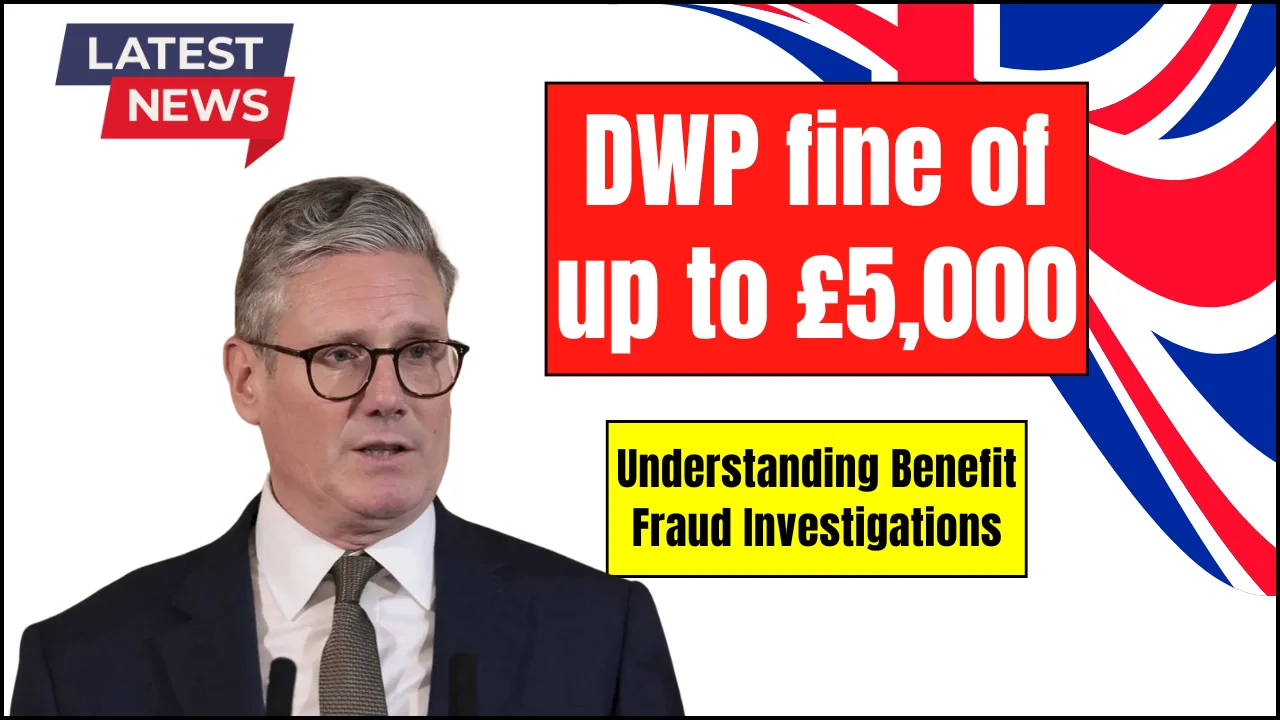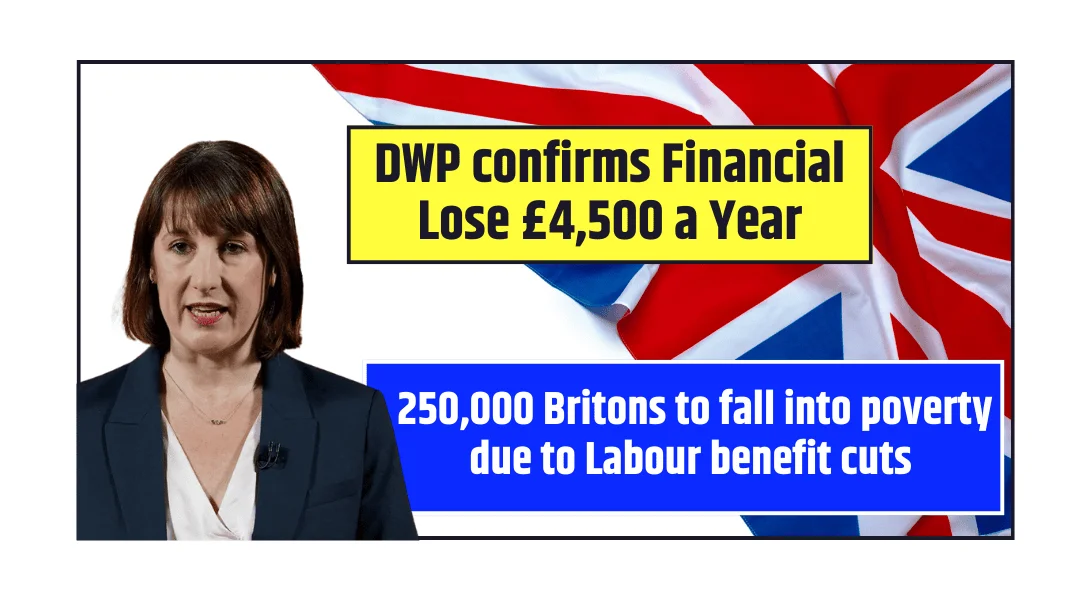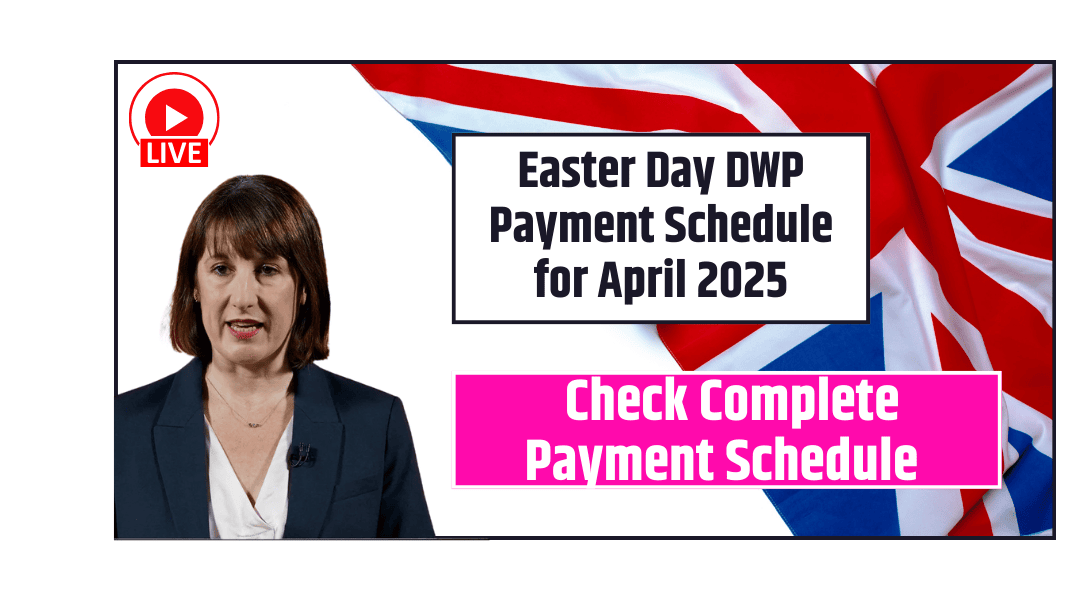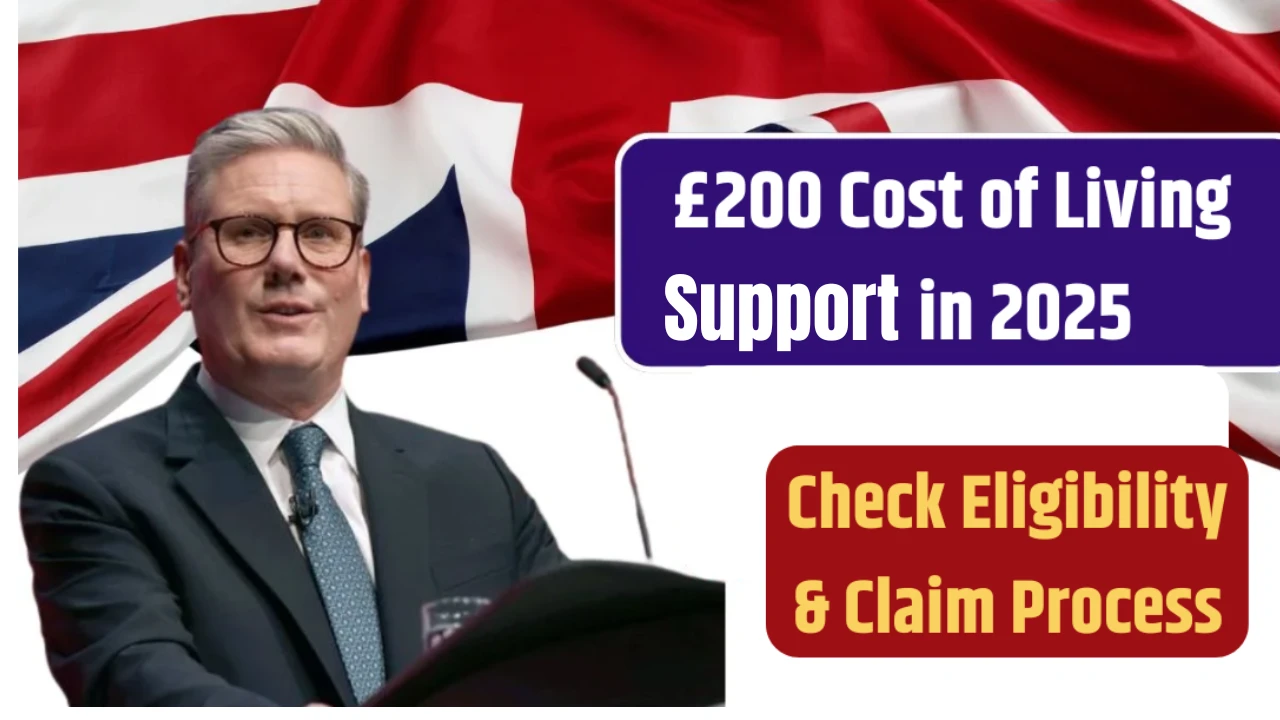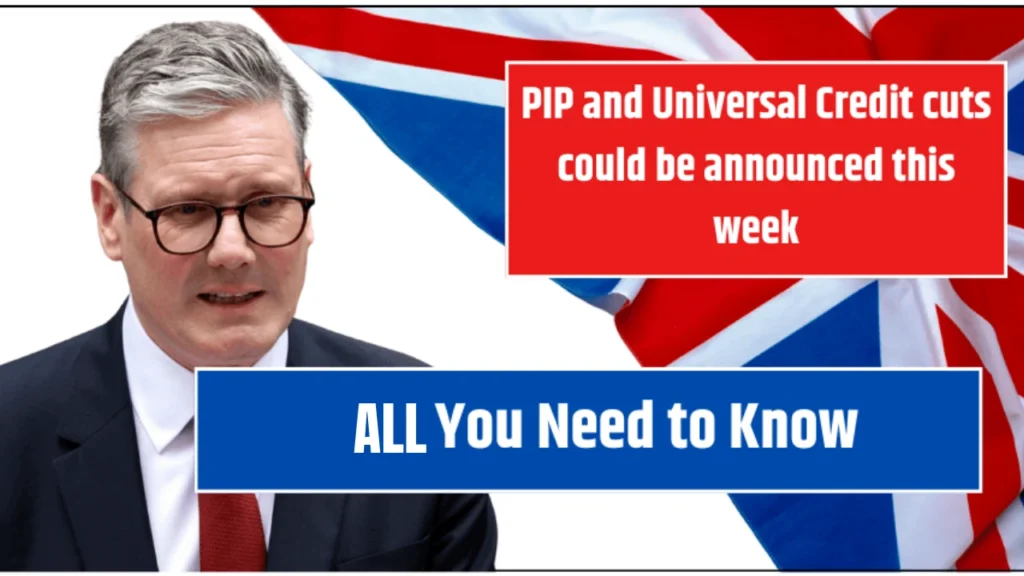
The UK government is introducing major welfare changes this week, focusing on Personal Independence Payments (PIP), Universal Credit, and health-related benefits. These reforms aim to reduce claimant numbers as the government considers current spending levels unsustainable.
Read Also – DWP Confirmed “End to Reassessments” for State Pensioners
Expected Changes
PIP Payment Freeze
- The government may freeze PIP payments, preventing them from increasing with inflation despite rising living costs
- This decision could create financial difficulties for many disabled individuals who rely on these payments
Stricter Benefit Requirements
- New, tighter rules may determine who qualifies for PIP and other health benefits
- Some medical conditions might no longer be eligible for financial support
Universal Credit Adjustments
- Claimants with health conditions could face additional assessments to prove their inability to work
- These assessments aim to reduce the number of people claiming benefits
Read Also – UK £200 Cost of Living Payment In 2025
Government Reasoning
The Labour government points to several factors driving these changes:
- An unexpected rise in benefit claimants, particularly younger people not working since the pandemic
- Concerns about the financial sustainability of the current welfare system
- Prime Minister Keir Starmer stated: “We’ve found ourselves in a worst-of-all-worlds situation, discouraging people from working while the taxpayer funds a spiralling bill. If you can work, we will make work pay. If you need help, that safety net will be there for you.”
Public Concerns
These reforms have sparked significant debate:
- Some Labour MPs worry about impacts on vulnerable groups, especially after recent cuts to Winter Fuel Payments for pensioners
- Disability advocates warn that freezing PIP and stricter eligibility could push disabled people deeper into poverty
- Critics argue that those truly needing benefits might struggle to receive support
Next Steps
- DWP minister Liz Kendall will provide more details this week
- Chancellor Rachel Reeves will reveal the financial impact in the Spring Statement on March 26
- These changes could affect millions of benefit recipients in the coming months
Frequently Asked Questions
Q1 = What’s changing with PIP?
Answer = The government may freeze payment increases and make eligibility requirements stricter, potentially offering up to £416 extra per month for those who qualify under the new system.
Q2 = Why is the government reducing disability benefits?
Answer = Ministers claim PIP and health-related benefits have become too expensive as claimant numbers have increased dramatically since the pandemic.
Q3 = How will Universal Credit change?
Answer = Some claimants with health conditions may face stricter work capability assessments, making it harder to maintain benefits.
Q4 = Why is freezing PIP controversial?
Answer = A freeze means payments won’t increase with inflation, making it harder for disabled people to afford essentials like food, utilities, and care. The DWP may also implement fines up to £5,000 for certain benefit-related violations.


